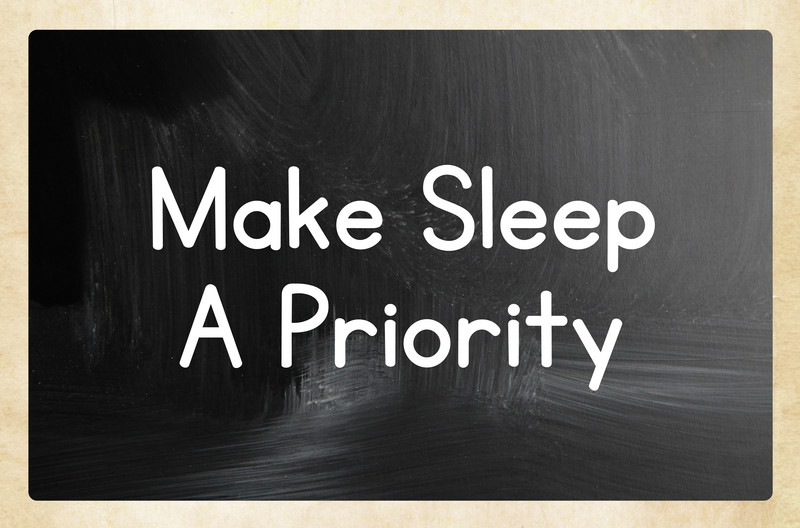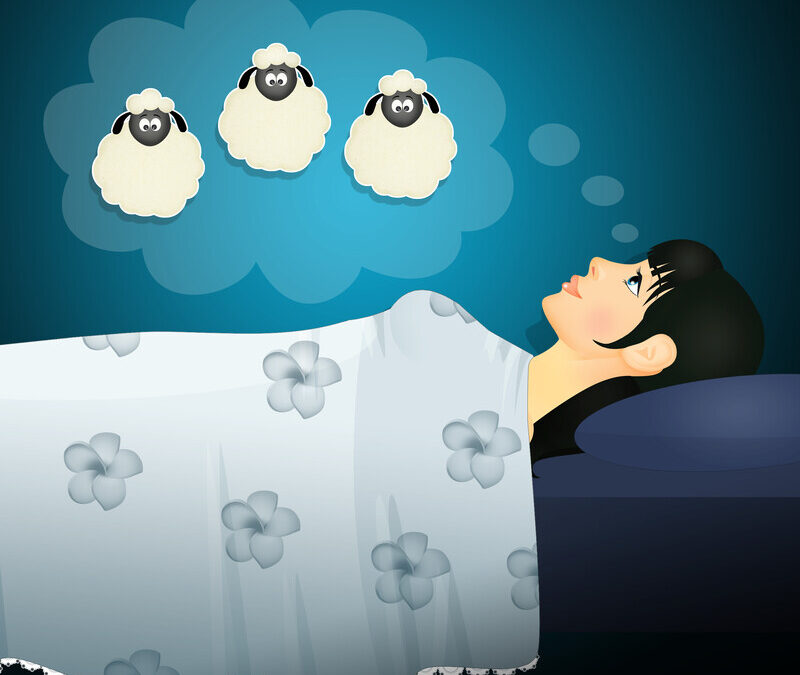
Sleeping is something that most of us take for granted, at least until there’s something amiss and we can’t get a good night of it. When this happens on a regular basis, we really begin to see the toll that it can take on our bodies and minds. As many who suffer from chronic pain may attest to, their condition can also create sleep problems, leaving them feel as though they are never getting enough rest.
In the journal European Review for Medical and Pharmacological Sciences, researchers conducted a study and concluded that chronic pain and pain intensity are important predictors of sleep quality (1). They also report that sleep is a vital function for humans, and that chronic pain is the most frequent cause for seeking medical care in combination with insomnia. It stands to reason that if someone is experiencing chronic pain, they may have a more difficult time also getting a good night’s sleep.
The National Sleep Foundation reports that sleep is a key indicator in overall health, and that in their 2015 poll, they found that only 37 percent of those with chronic pain reported getting good quality sleep (2). Their report indicates that compared to those without chronic pain, those with it have a shorter sleep duration, with a worse sleep quality, and lose out on an average of around 42 minutes per night (which adds up over time). Not getting a good night’s sleep, however, can take it’s toll, creating a higher risk for things like depression and health problems.
The good news is that there are things those with chronic pain can do to try to get more sleep and a better quality night’s sleep. For starters, make sleeping a priority and have a bedtime routine. Try to get used to going to sleep at the same time each night, and do a bedtime ritual, such as brushing teeth, washing face, etc. Ensure that your bedroom is primed for sleeping, by not having lights shining, a television on, and electronics going. The room should be dark and cool. You can help to relax your body by practicing relaxation techniques, such as deep breathing, visualizing something peaceful, or practicing mindful meditation as you lay down. Additionally, try to avoid caffeine and alcohol in the hours before bed, and get daily exercise.
Those having difficulty getting enough sleep can also try to fit in a short nap during the day, but limit it to before 5 PM and to 30 minutes, so you get the benefits without further disturbing your nighttime sleep schedule. Finally, it’s important to have the right mindset about getting a good night’s sleep. By staying positive and believing you will get a good night’s sleep there is a good chance you will feel better when morning arrives. If you are not falling asleep within 30 minutes, don’t fret. Leave the bedroom, do something relaxing but boring for 20-30 minutes, then try again. Keeping these things in mind will help those with chronic pain to get a better night’s sleep and feel better during the day, too.
Sources:
1. European Review for Medical and Pharmacological Sciences. 2014;18(17):2475-81.
2. National Sleep Foundation. Pain and Sleep. < https://sleepfoundation.org/sleep-disorders-problems/pain-and-sleep>







